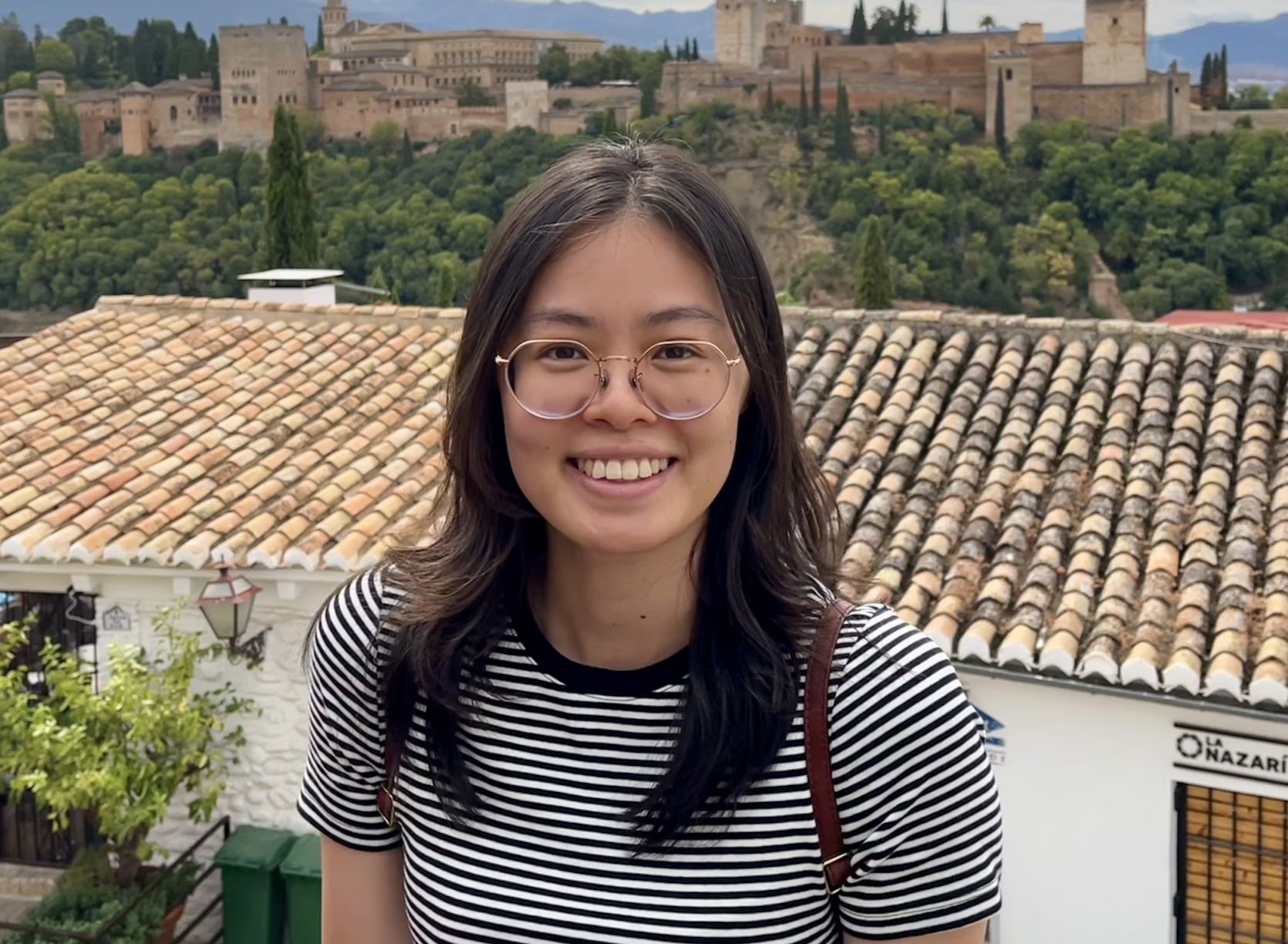Schedule
Note - This schedule is tentative and subject to change as the semester progresses.
| Date | Lecture | Readings | Logistics | |
|---|---|---|---|---|
| Tue 01/14/25 |
Lecture #1:
|
|||
| Thu 01/16/25 |
Lecture #2:
|
Main readings:
|
||
| Tue 01/21/25 |
Lecture #3:
|
Main readings:
|
||
| Thu 01/23/25 |
Lecture #4:
|
Main readings:
|
HW1 out |
|
| Thu 01/30/25 |
Lecture #5:
|
Main readings:
|
||
| Friday 01/31/25 |
Lecture #6:
|
Main readings:
|
||
| Tue 02/04/25 |
Lecture #7:
|
Main readings:
|
||
| Thu 02/06/25 |
Lecture #8:
|
Main readings:
|
||
| Tue 02/11/25 |
Lecture #9:
|
Main readings:
|
Project teams due on 02/09 |
|
| Thu 02/13/25 |
Lecture #10:
|
Main readings:
|
||
| Tue 02/18/25 |
Lecture #11:
|
Main readings: |
HW 1 due / HW 2 out |
|
| Thu 02/20/25 |
Lecture #12:
|
Main readings:
|
||
| Tue 02/25/25 |
Lecture #13:
|
Main readings:
|
||
| Thu 02/27/25 | Midterm Exam 1 | |||
| Thu 03/04/25 |
Lecture #14:
Guest lecturer:
Valerie Chen, Carnegie Mellon University 
[ slides ] |
Main readings:
|
HW 2 due |
|
| Tue 03/06/25 |
Lecture #15:
|
Main readings:
|
HW2 due on 03/06 |
|
| 03/07/25 - 03/24/25 | Spring recess - No classes | |||
| Tue 03/25/25 |
Lecture #16:
Guest lecturer:
Kyle Lo, Allen Institute for AI (Ai2) 
[ slides ] |
Main readings:
|
||
| Thu 03/27/25 |
Lecture #17:
|
Main readings:
|
||
| Tue 04/01/25 |
Lecture #18:
|
HW 3 out |
||
| Thu 04/03/25 |
Lecture #19:
Guest lecturer:
Yixin Liu, Yale University 
[ slides ] |
|||
| Tue 04/08/25 |
Lecture #20:
|
|||
| Thu 04/10/25 | Midterm Exam 2 | |||
| Thu 04/15/25 |
Lecture #21:
Guest lecturer:
Chayan Sarkar, TCS 
|
Main readings: | ||
| Tue 04/17/25 |
Lecture #22:
|
|||
| Tue 04/22/25 |
Lecture #23:
|
Final project presentations |
||
| Thu 04/24/25 |
Lecture #24:
|
Final project presentations, HW 3 due on 4/28, |
||